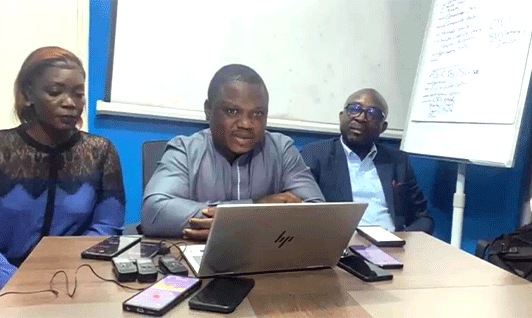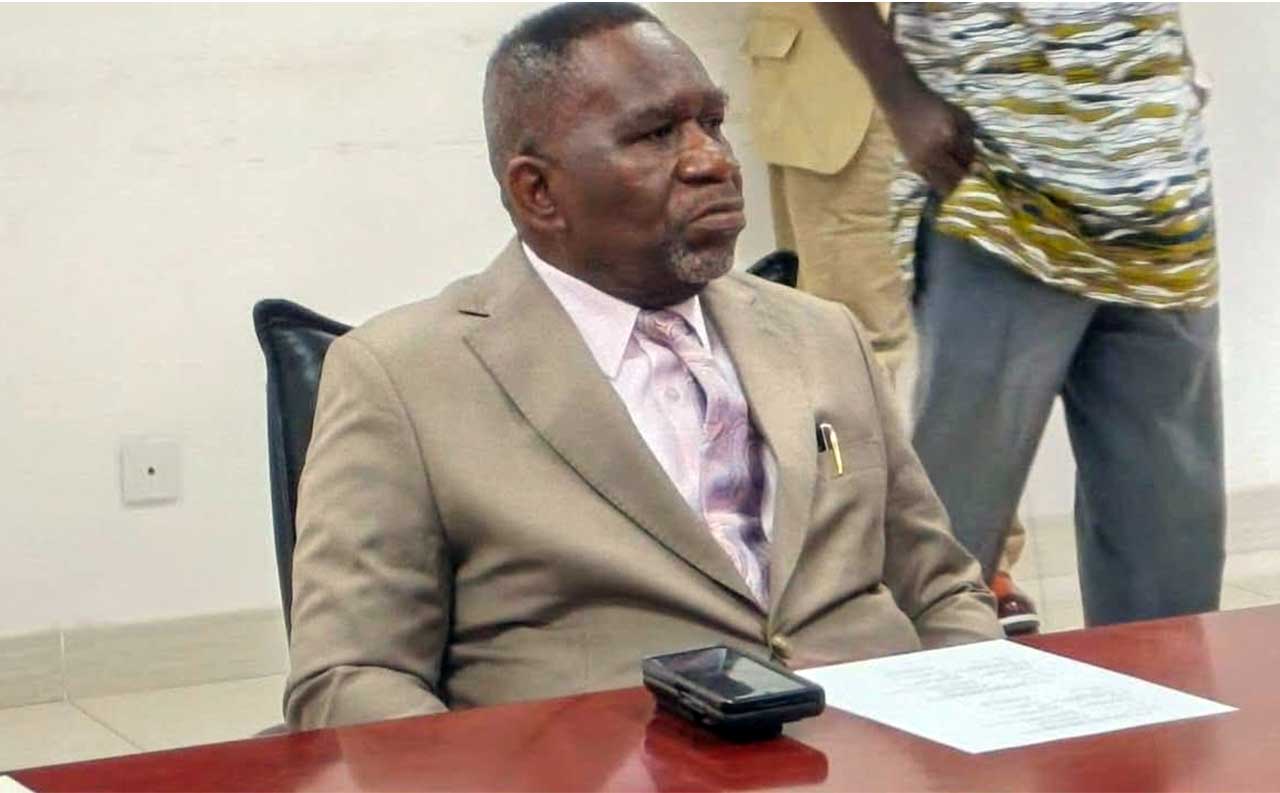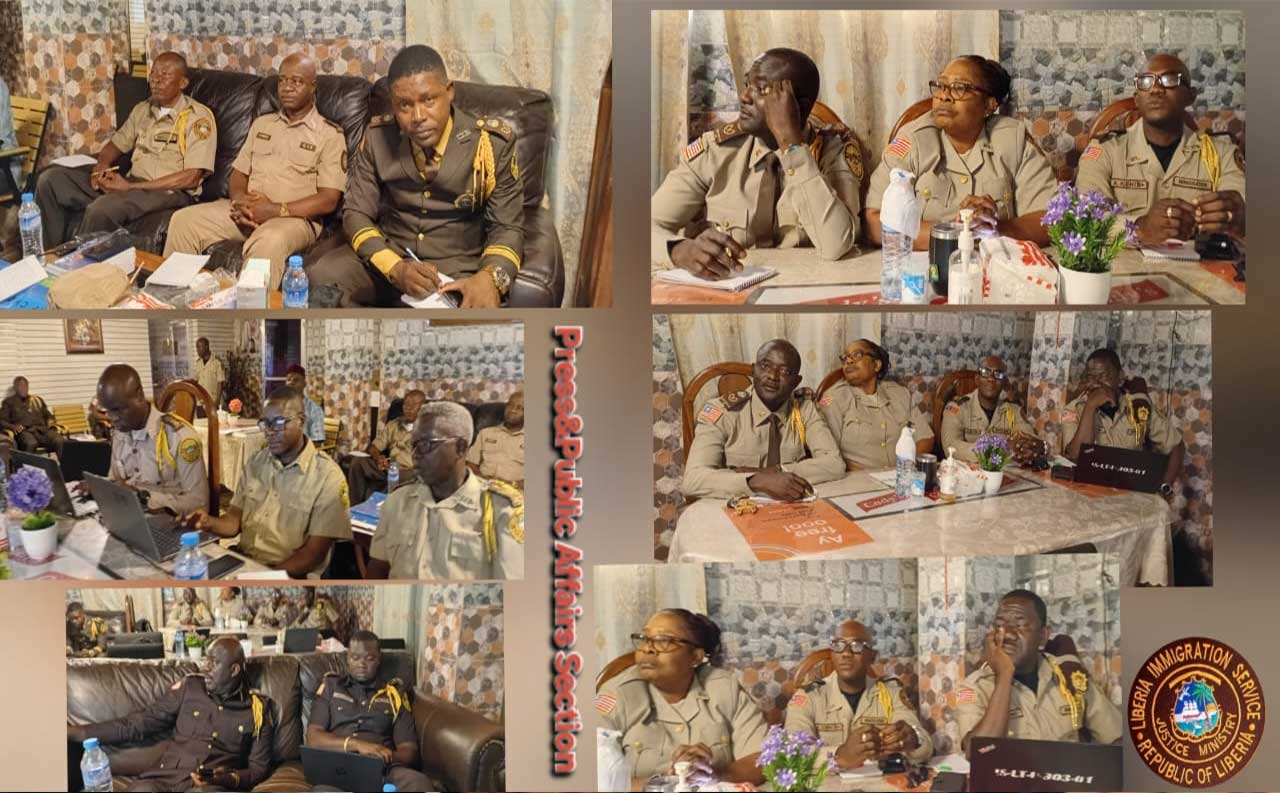Several civil society organizations (CSOs) have disclosed that a bill at the House of Representatives to amend the Local Government Act of 2018 will undermine the viability of County Councils. The CSOs included the Naymote Partners for Democratic Development, the Center for Transparency and Accountability in Liberia (CENTAL), the Women NGO Secretariat of Liberia (WONGOSOL), and the Center for Democratic Governance (CDG).
Addressing a press conference on Tuesday, June 24, 2024, on behalf of the CSOs, CENTAL Executive Director Anderson Miamen said Liberia’s governance system has been largely centralized, with local people having little or no say in decisions that affect their livelihoods.
He said this realization led to the timely passage of the Local Government Act (LGA) into law in 2018 under the administration of former President George M. Weah, representing an important attempt at decentralization by re-configuring local government structures and providing them with powers hitherto not granted.
He said the County Council has the power to approve county development plans, budgets, and reports, as well as pass ordinances for the county and this inclusive structure is essential for gender equity, as it ensures that everyone, most especially women and persons with disabilities, has voices in decision-making processes at the local level, an important step in addressing the historical marginalization of women in governance.
“We (CENTAL, CDG, Naymote, and WONGOSOL) have been deeply disturbed by news about a bill introduced in the House of Representatives to amend Section 2.2 (e) & (f) of the LGA. The progenitor of the bill, Grand Gedeh County District 1 Representative Jeremiah Sokan, argues that sections of the law, including 2.2 (e), which gives authority to the members of the county councils to approve the annual county budget and 2.2 (f), which authorizes the Council to approve development plans and its implementation interferes with legislative oversight powers and must be repealed. The bill has since been forwarded to the House’s Committees on Good Governance, Ways and Means, Finance, Internal Affairs, and Judiciary for review, “He said.
According to him, CSO partners acknowledge the shortcomings of some members of the councils, including the lack of adequate capacity to scrutinize different budget line items. He noted that by reinstating the Legislative Caucus in playing controlling roles, local development affairs cannot be a viable alternative for three reasons.
CENTAL Boss said the Legislature is not excluded from local government affairs, but the Legislative Caucus is properly excluded, adding that the lawmaker behind the amendment bill wants the powers of the County Council to interfere with legislative oversight powers and usurp the authority of the legislature to approve budgets for the counties.
“We strongly disagree, because all monies apportioned by the County Councils to development projects meet Legislative approval. Allocations to counties, including County Social Development Funds, are contained in the national budgets approved by the Legislature. The budget, as approved by the Legislature, also contains specific policy statements on revenue sharing formulas with the counties,” he noted.
He said CSO partners are calling for the withdrawal of the bill and for energies and resources to be redirected to supporting effective and efficient local government structures nationwide. Miamen urged stakeholders to recognize that decentralization is not only about efficient governance but also about ensuring that women’s voices are not silenced at the grassroots level.
He said that giving lawmakers oversight of budget and development approval, as recommended, could lead to centralized control, political interference, or misalignment with community needs. He further said it could weaken transparency and grassroots participation in local governance processes, and sideline local voices and priorities thus making average Liberian, especially those in rural communities, have less influence over how development funds are allocated in their counties and government, calling on civil society, donor partners, and citizens themselves to stand up if decentralization must become a reality in Liberia.



